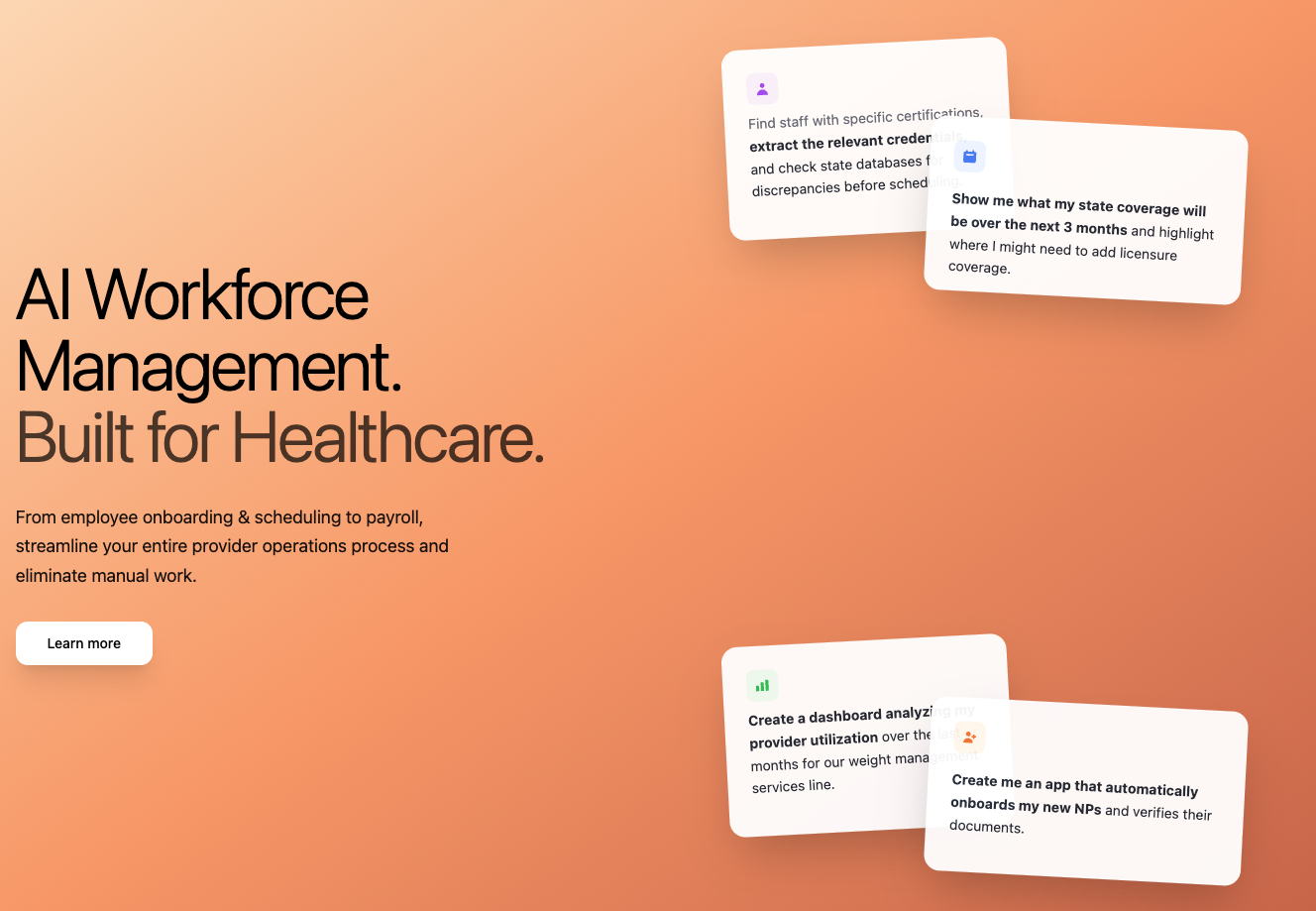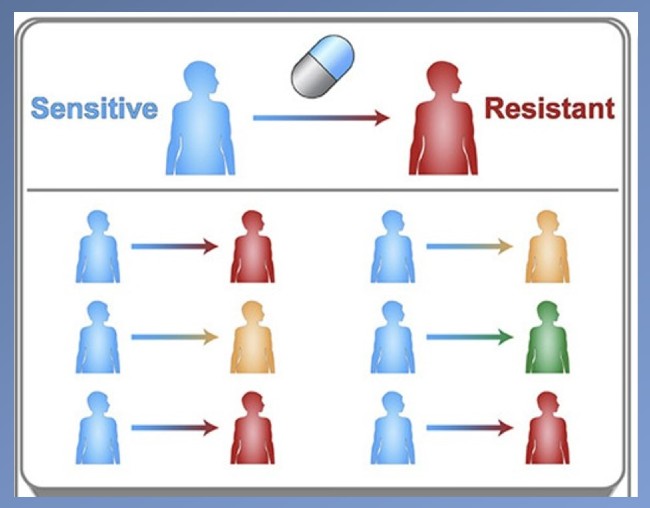NHS technology procurement cycles need to be more flexible due to rapid changes such as the increasing use of AI, England’s national chief clinical information officer has said.
In a digital health webinar on ‘AI and increasing productivity’, Alec Price-Forbes said: “Of course, acquisitions can’t take eight or ten years now. They’re going to be one plus one plus one because this [AI] It is going at a good pace and we need to learn as we go.”
At the event, which featured a panel of NHS digital leaders, Price-Forbes said the procurement of ambient voice technologies (AVT) was “a challenge at the moment” because there are “many providers coming to doctors and testing for free in both primary and secondary care, and we need to be robust to ensure that what we are doing is safe for a short time and provides benefits.”
Confirmed the imminent launch of the national Ambient Voice Technologies (AVT) self-certification registry for suppliers to demonstrate evidence of compliance.
“What we’ve done is create a kind of model, we don’t call it a business framework but rather a strategic framework, that describes the compliance requirements of self-registration, both from a business capability perspective and from a compliance perspective, adherence, platform stability, understanding whether a provider has the capacity or a roadmap to integrate into electronic registration systems and what other functions it has.
“This is moving fast, but if we want to make a profit we have to be very clear, otherwise we won’t compare apples to apples,” Price-Forbes said.
He said there needs to be a “robust monitoring system” and that NHSE will ask providers to provide real-time analytics that can be monitored and evaluated “so we can start to understand model data drift, hallucinations etc.”
In the same session, Yvette Khozam, lead pharmacist for medicines management and e-prescribing at West London NHS Trust, shared her concern that AI adoption is outpacing regulation because “DCB0129 and DCB0160 [digital clinical safety standards] “have not been substantially updated” for several years.
“Upgrades have recently started – we want to be the most AI-enabled care system in the world and we definitely have the capacity to do that.
“But we only need to ask for specific things because existing standards were designed for deterministic software, not for learning systems that can change their behavior over time or optimize for the wrong things,” Khozam said.
Jacqui Cooper, chief nursing information officer at Health Innovation Manchester, said the key to a good digital transformation is for it to be “clinically led, operationally delivered and digitally enabled”.
“I think we’ve all been guilty of putting technology first and that’s why we’ve failed, because that just doesn’t work, so engaging our people and having our people lead innovation and digital transformation is the key to doing that.
“In terms of AI, we run a real risk of not doing it and not doing it effectively.
“There’s a real risk for even the simplest things we’re using, like Office 365 Copilot, that we’re not using anywhere near the full functionality and capability,” Cooper said.



